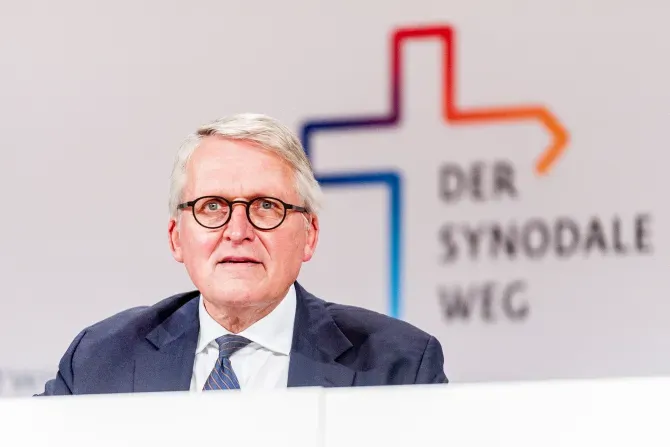Vatican, 02 December, 2022 / 12:18 pm (ACI Africa).
The German Synodal Way was designed from the outset to avoid legal sanctions while simultaneously creating “pressure” on the Church to change Catholic teaching, one of the founders of the process told German media Friday.
Thomas Sternberg, former president of the Central Committee of German Catholics (ZdK), said the controversial process wanted to achieve changes to the Church’s teaching on homosexuality, the ordination of women, and other topics, reported CNA Deutsch, CNA’s German-language news partner.
Speaking to German diocesan broadcaster Domradio on Dec. 2, Sternberg said the Synodal Way was proceeding “much more successfully than I had thought.”
In light of the Vatican’s interventions against the Synodal Way, he said it had become clear “it was right not to use the form of a synod, as that would have been sanctioned by canon law” and “would have given canon law properly then also the possibility to prohibit something like that.”
From the perspective of canon law, the Synodal Way was just “a nonbinding discussion process,” Sternberg said.





 Cardinal Reinhard Marx and ZdK Chairman Thomas Sternberg on July 5, 2019 Photo: Martin Rothweiler / EWTN.TV.
Cardinal Reinhard Marx and ZdK Chairman Thomas Sternberg on July 5, 2019 Photo: Martin Rothweiler / EWTN.TV.


